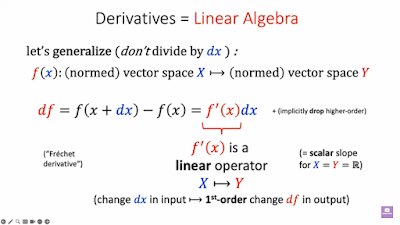Philosophy Overdose on David Chalmers
Subscribe to Serious Science.
My comment:
It depends upon whether you believe consciousness really exists. If you do then it's irreducible and the problem goes away. If you don't then you have a career ahead of you.
The more interesting problem in consciousness studies is what is it that narrows conscious experience to the extent that we start to believe that it is produced by the (human and other animal) brain. There sometimes seems to be a force in the modern world that separates consciousness into individual beings. This is not a natural force but it seems to be produced by human activity of a certain unhealthy (i.e. unwholesome) kind. I think there are physiological explanations that take in the health of society as a whole, including the whole ecosystem in which we live. I think that ecosystem in many places is itself in an unhealthy state. In Sweden this sort of approach to public health is taken seriously, and it works.




Comments
Post a Comment